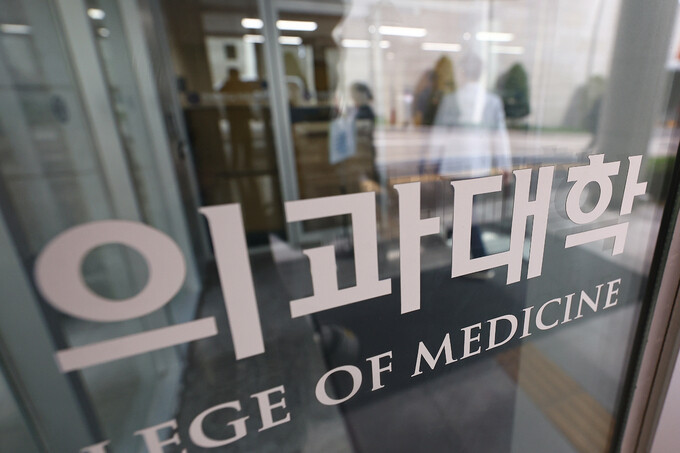
The South Korean Ministry of Education has come under fire for its handling of the ongoing medical students' strike, which has now lasted for eight months. After initially refusing to grant leaves of absence to striking students, the ministry has finally relented, leaving the decision to individual universities. However, critics argue that the ministry's decision is too little, too late, and that it has shifted the responsibility for addressing the crisis onto universities.
The ministry has maintained that it does not condone the students' strike, insisting that any leaves of absence granted must be for personal reasons. However, this stance is seen as hypocritical given the ministry's previous threats to take disciplinary action against universities that granted mass leaves of absence.
A more pressing concern is the ministry's lack of preparedness for the potential consequences of a mass leave of absence. Despite warnings from experts and universities, the ministry failed to develop a comprehensive plan to address the potential shortage of medical students and the impact on medical education. Instead, the ministry proposed short-term solutions, such as reducing the length of medical school programs, which were met with widespread criticism.
Critics argue that the ministry's handling of the crisis has been marked by inconsistency, lack of transparency, and a failure to take responsibility for its actions. By shifting the burden onto universities, the ministry has only exacerbated the problem and created further uncertainty.
To resolve the ongoing crisis, the ministry must take a more proactive and transparent approach. It should acknowledge the mistakes it has made and work collaboratively with universities, medical students, and other stakeholders to develop a long-term solution. Additionally, the ministry should engage in meaningful dialogue with medical associations to address the underlying issues that led to the strike.
The medical students' strike has highlighted deep-seated problems within South Korea's medical education system. It is imperative that the government and other relevant stakeholders work together to find sustainable solutions that address the concerns of both medical students and the public.
[Copyright (c) Global Economic Times. All Rights Reserved.]



























